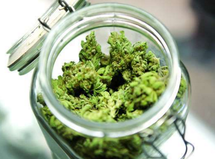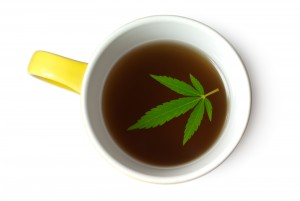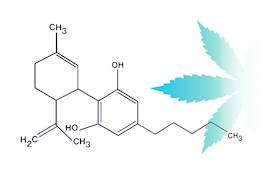|
Some patients tell me that Cannabis doesn’t improve pain, it just relaxes them or helps sleep. My first Cannabis patient handed me his remaining opiate prescription saying, “I don’t need these anymore.” From my perspective, that was all the proof I needed. Whether it alleviated his pain, improved his sleep, or reduced his stress, Cannabis improved his life because it was far less risky than opiates.
One in five people live with chronic pain. In some countries, chronic pain is estimated at 25% of the population. Two out of three people report that their chronic pain is moderate to severe and half of them have experienced chronic pain for more than ten years. Chronic pain often occurs with other problems, including insomnia, anxiety, depression, post-traumatic stress, and substance use disorders. A recent study by physicians in British Columbia, Canada reviewed evidence on the use of Cannabis Based Medicine on Chronic Pain. The authors specifically avoided reviewing studies on synthetic cannabinoids. They only evaluated products derived from the plant. Why? Because that’s what the community uses. Synthetic THC has been available as prescription medicine for over four decades. It’s been approved for nausea from chemotherapy. A recent study surveyed cancer patients and survivors on the Cannabis products they were using. Most respondents (60%) reported using products mostly containing THC instead of products containing CBD or both. The finding conflicts with certain regions that permit only low THC products for medical purposes. “Cannabis use is becoming more common among cancer patients and survivors, who often consume products to alleviate cancer symptoms and treatment side effects,” says the study’s senior author, Danielle Smith, PhD, MPH, Cannabis doesn’t fit the medical paradigm, yet it treats, cures, or simply reduces harm. The medical and pharmaceutical industries struggle with the variable, multi-agent botanical like trying to fit a square peg into a round hole. To me, that’s a sign that calls for innovation. Rather than reduce the plant to single agent products, let’s accept what it is and learn to work with it. That approach might work for many things in life. Let’s get to it. The Old Toker, recently sent me a MedPage Today article on the age-old argument of Cannabis vs Tobacco. Scanning the article, I learned that MedPage Today was presenting age-old information. The article quotes a 2007 study out of Ottawa that has long been refuted. Is Cannabis smoking less or more harmful than Tobacco smoking? Once again, let’s look at the evidence. MedPage Today, you owe me. Despite a lack of updated information, Dr. Donald Tashkin, M.D., after a 30-year career as a UCLA Pulmonologist, has the definitive answer for the Tobacco vs. Cannabis question. He is well known for his studies on Cannabis smoking, emphysema, and lung cancers. In his long career, Dr. Tashkin received several grants from the NIH, specifically from NIDA, to study the effects of smoking Cannabis on lungs. In his 2013 publication titled, Effects of Marijuana Smoking on the Lungs, he concludes "...the accumulated weight of evidence implies far lower risks for pulmonary complications of even regular heavy use of marijuana compared with the grave pulmonary consequences of tobacco.” One Tashkin study even found a Cannabis using cohort had significantly less lung cancer than the Control cohort. His comment refutes the conclusion of earlier studies, including his own, and stands as the definitive response to the Cannabis vs Tobacco smoking question. That being said...Smoking anything is not a medically recommended habit. The ash debris from inhaled smoke is a lung irritant. The heat of the smoke contributes to lung tissue damage. If you can avoid the habit, I recommend it. A correlation with Cannabis smoke and chronic or recurrent bronchitis, notes Dr. Tashkin, is the only significant long-term effect to date. Many people smoke Cannabis for its acute effects. Physiologic muscle relaxation settles the body. In mere minutes cannabinoids pass through the lungs, enter the bloodstream, and rush to the brain. The immediate stress and anxiety relief after inhaling Cannabis is a welcome outcome. Molecular models explain how cannabinoids attach to receptors in the central nervous system and at the nerve-muscle junction causing these relaxing effects. Tobacco, paradoxically, produces similar results. The difference is that Tobacco works by activating the sympathetic “fight or flight” system whereas Cannabis affects the parasympathetic “rest and digest” system. The sympathetic nervous system acts in defense to danger whereas the parasympathetic nervous system repairs or heals. Is this is why Cannabis smoke is associated with a better outcome than Tobacco smoke? In regard to the dangers of smoking, the evidence continues to pile on. Results from a prospective longitudinal lung study were recently published in Respiratory Medicine, a peer reviewed science journal The study followed a group of people from birth, testing the lung function of Cannabis and Tobacco smokers at age 21 and 30. The results align with Dr. Tashkin’s conclusion. Tobacco smoking (with or without Cannabis) restricts lung function. However, Cannabis smoking alone does not consistently affect lung function.
Does this put the question to rest? Not really. In science, there is always the pursuit of more evidence. At least MedPage Today can now report evidence that is relevant. Smoking is the most popular method of Cannabis use. However, there are other means of inhaling. Vaporizing machines can be used to inhale Cannabis flower vapor produced at lower temperatures. Vape carts or vape pens do the same but use Cannabis oils with higher potencies. There isn’t much evidence on the long-term effect from inhaling oil vapors. Vape pen users beware. In 2019, some manufacturers of Vape Pens added Vitamin E oil in their products which resulted in illness and even death. EVALI is a serious condition in which a person’s lungs become damaged from substances contained in e-cigarettes or vaping products. It’s appropriate to note that no deaths have been reported that directly result from inhaling the smoke of Cannabis flowers. Maybe, in this case, the old way is the best way. |
AuthorJean Talleyrand, M.D., Archives
September 2023
Categories |
Mailing Address: MediCann 1336 Willard Street, C • San Francisco, CA 94117
Important Disclaimer!
The information contained in this site does not intend to replace any medical advice or care by a trained physician.
Any use of this information is solely the the responsibility of the user.
Important Disclaimer!
The information contained in this site does not intend to replace any medical advice or care by a trained physician.
Any use of this information is solely the the responsibility of the user.
© COPYRIGHT 2015. ALL RIGHTS RESERVED.

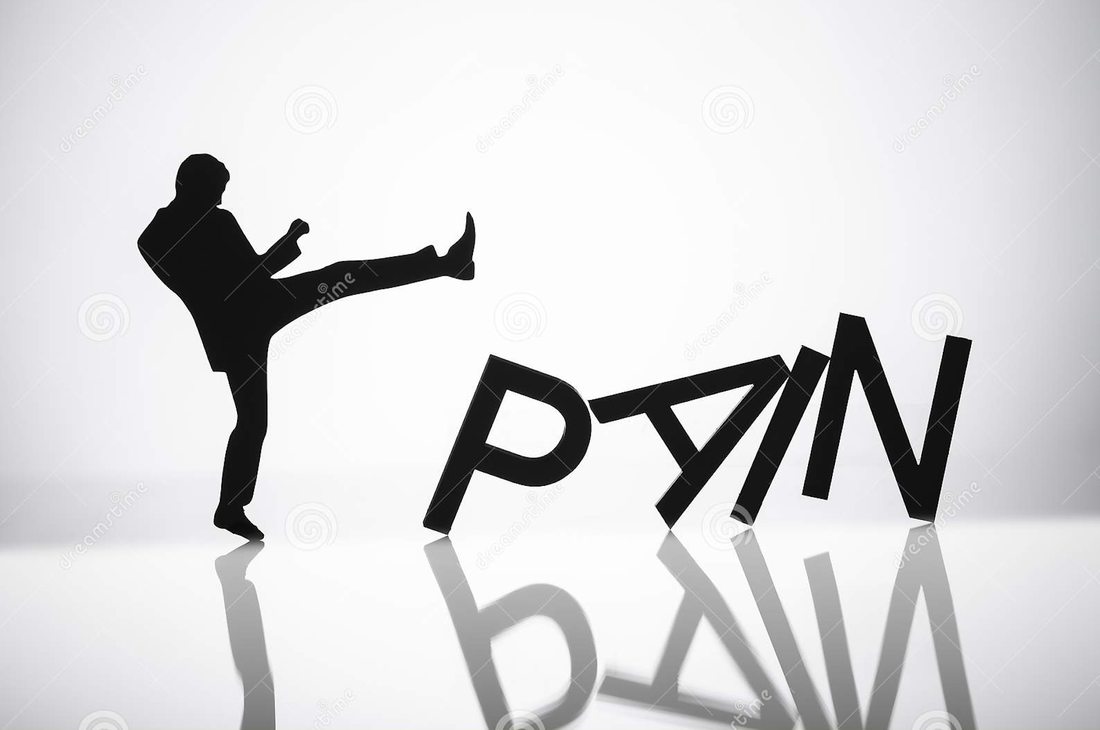
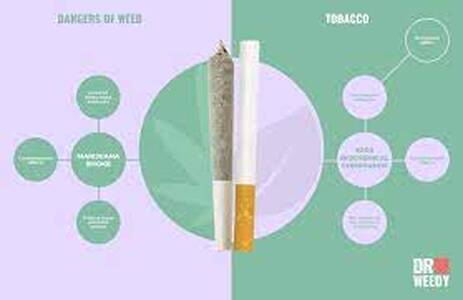

 RSS Feed
RSS Feed
